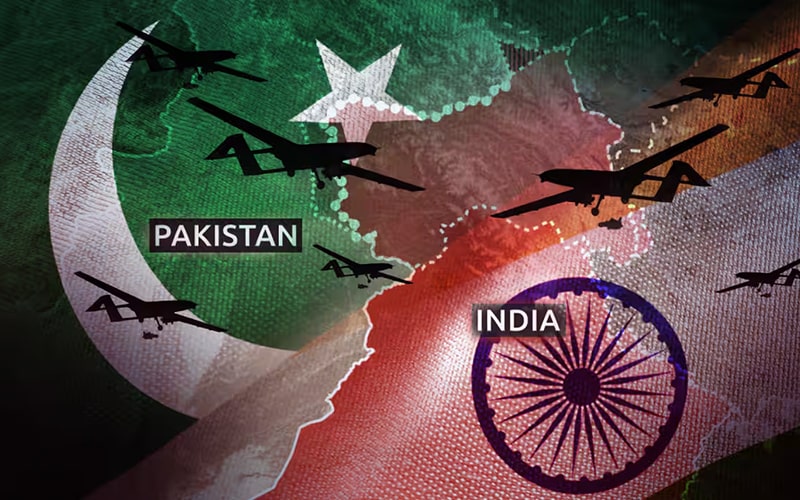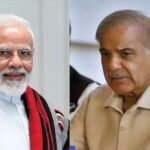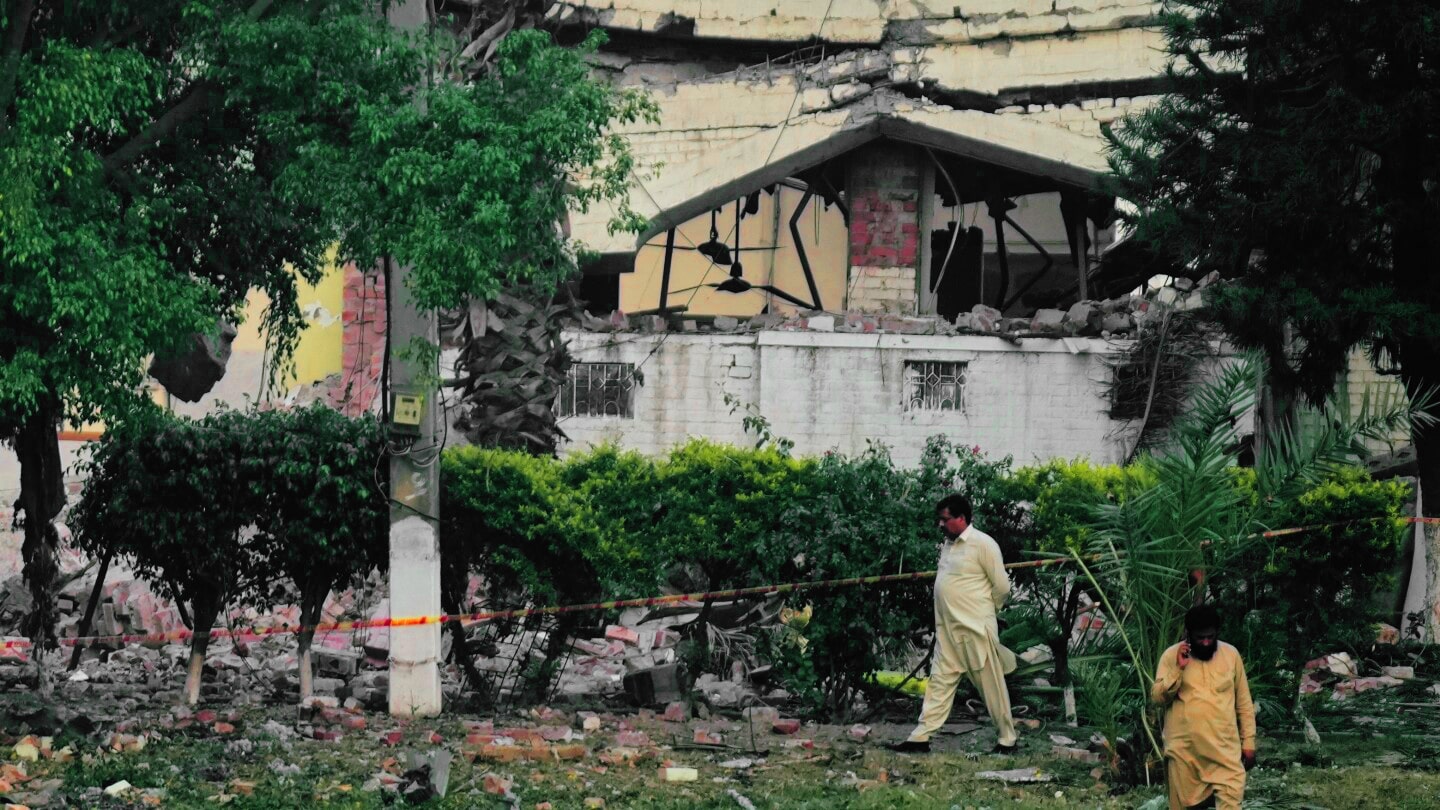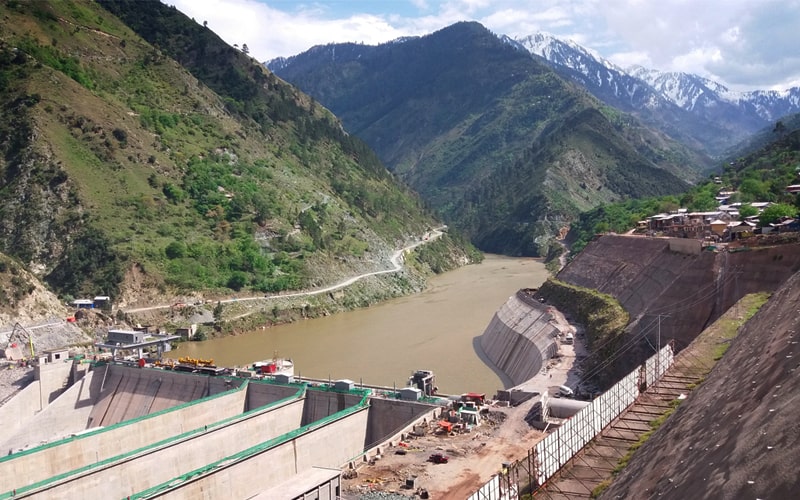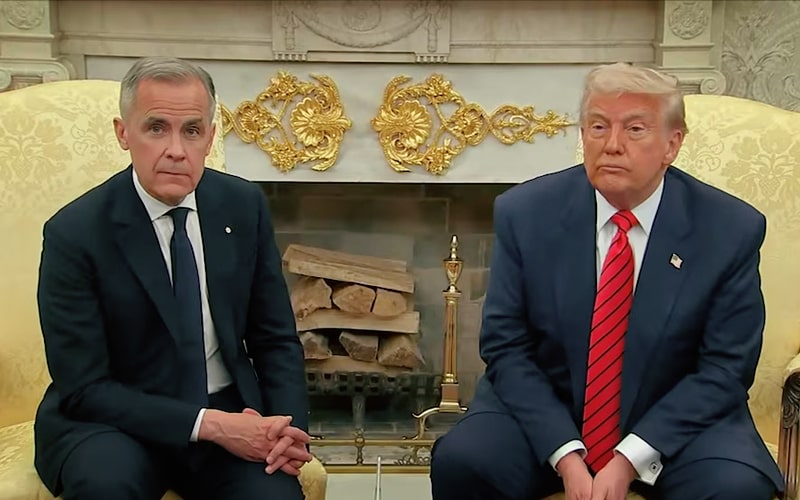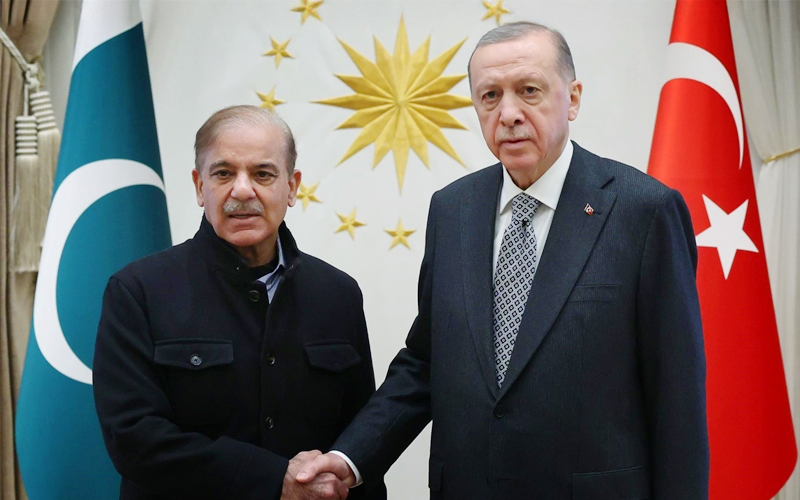India and Pakistan intensified military operations against each other on Saturday, launching strikes and counter-strikes that have deepened concerns about an all-out conflict between the nuclear-armed neighbors—the most serious flare-up since the 1999 Kargil War. The clashes have sparked international alarm, prompting U.S. Secretary of State Marco Rubio to urge both countries to re-establish direct communication. In separate calls to Pakistan’s Army Chief General Asim Munir and India’s Foreign Minister Subrahmanyam Jaishankar, Rubio emphasized the need to “avoid miscalculation” and step back from the brink. Tensions soared when Pakistan claimed it had struck multiple Indian military installations, including a missile storage site, in retaliation for earlier Indian strikes. India confirmed that air force bases in Punjab and Jammu had been targeted, reporting minimal damage. Five civilians were killed in the Jammu region, and loud blasts were reported in Kashmir and Amritsar through early Saturday. Residents on both sides of the border rushed to stockpile supplies, while some border areas were evacuated. In New Delhi, over 600 kilometers from the conflict zone, air raid sirens were installed in high-rise buildings as a precaution. Pakistan’s military named its retaliatory campaign “Operation Bunyanun Marsoos,” referring to a united and firm structure in Islamic scripture. India’s strikes earlier in the week were in response to a deadly attack on Hindu tourists in Indian-administered Kashmir, which New Delhi blamed on Pakistan-backed militants—a charge Islamabad has denied. Despite Pakistan’s announcement that its nuclear command body might meet, Defence Minister Khawaja Asif later clarified that no such …
Amelia
Amelia
Topics:

India and Pakistan intensified military operations against each other on Saturday, launching strikes and counter-strikes that have deepened concerns about an all-out conflict between the nuclear-armed neighbors—the most serious flare-up since the 1999 Kargil War.
The clashes have sparked international alarm, prompting U.S. Secretary of State Marco Rubio to urge both countries to re-establish direct communication. In separate calls to Pakistan’s Army Chief General Asim Munir and India’s Foreign Minister Subrahmanyam Jaishankar, Rubio emphasized the need to “avoid miscalculation” and step back from the brink.
Tensions soared when Pakistan claimed it had struck multiple Indian military installations, including a missile storage site, in retaliation for earlier Indian strikes. India confirmed that air force bases in Punjab and Jammu had been targeted, reporting minimal damage. Five civilians were killed in the Jammu region, and loud blasts were reported in Kashmir and Amritsar through early Saturday.
Residents on both sides of the border rushed to stockpile supplies, while some border areas were evacuated. In New Delhi, over 600 kilometers from the conflict zone, air raid sirens were installed in high-rise buildings as a precaution.
Pakistan’s military named its retaliatory campaign “Operation Bunyanun Marsoos,” referring to a united and firm structure in Islamic scripture. India’s strikes earlier in the week were in response to a deadly attack on Hindu tourists in Indian-administered Kashmir, which New Delhi blamed on Pakistan-backed militants—a charge Islamabad has denied.
Despite Pakistan’s announcement that its nuclear command body might meet, Defence Minister Khawaja Asif later clarified that no such meeting had been held or planned, calling the prospect of nuclear escalation a “very distant possibility.”
India’s military spokesperson, Wing Commander Vyomika Singh, said Indian forces remained in a “high state of operational readiness,” adding that India would exercise restraint if Pakistan did the same. “Our approach is measured and responsible,” Foreign Minister Jaishankar reiterated in a post after his call with Secretary Rubio.
Since Wednesday, more than 50 people have been killed in cross-border fire, drone attacks, and missile strikes. Defence experts fear the conflict is entering a new and more dangerous phase. “We are now seeing the free use of drones and missiles,” said Pravin Sawhney, a defence author and former Indian Army officer. “Troop movement in forward areas is not a good indication of what lies ahead.”
With tensions running high and Western powers urging calm, both nations face mounting pressure to avoid a broader conflict—one that could threaten not just regional, but global security.
Subscribe to Our Newsletter
Keep in touch with our news & offers



